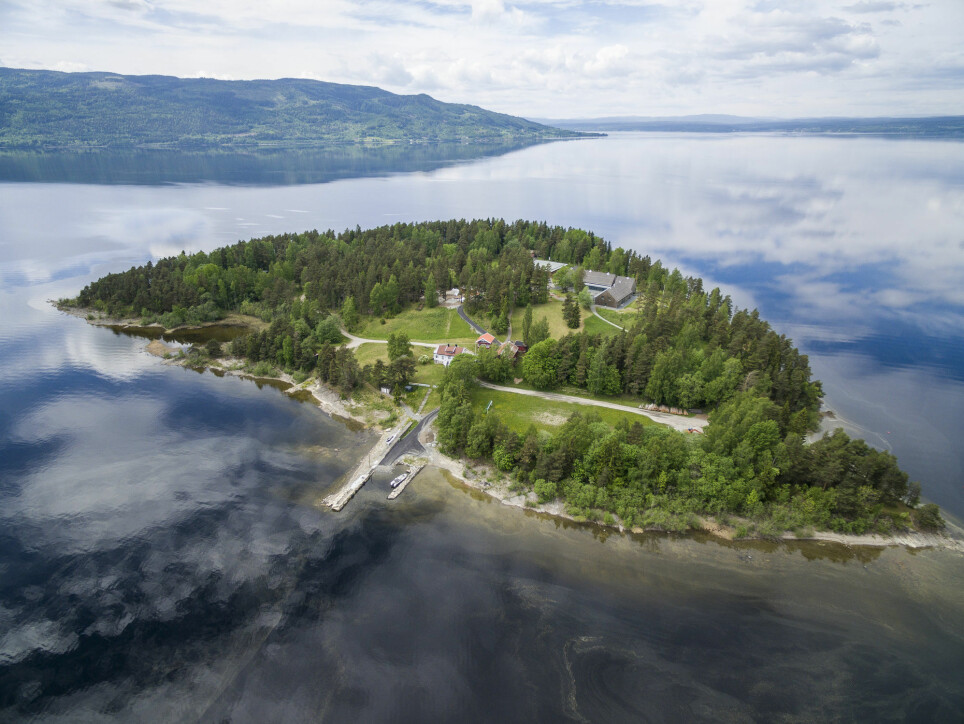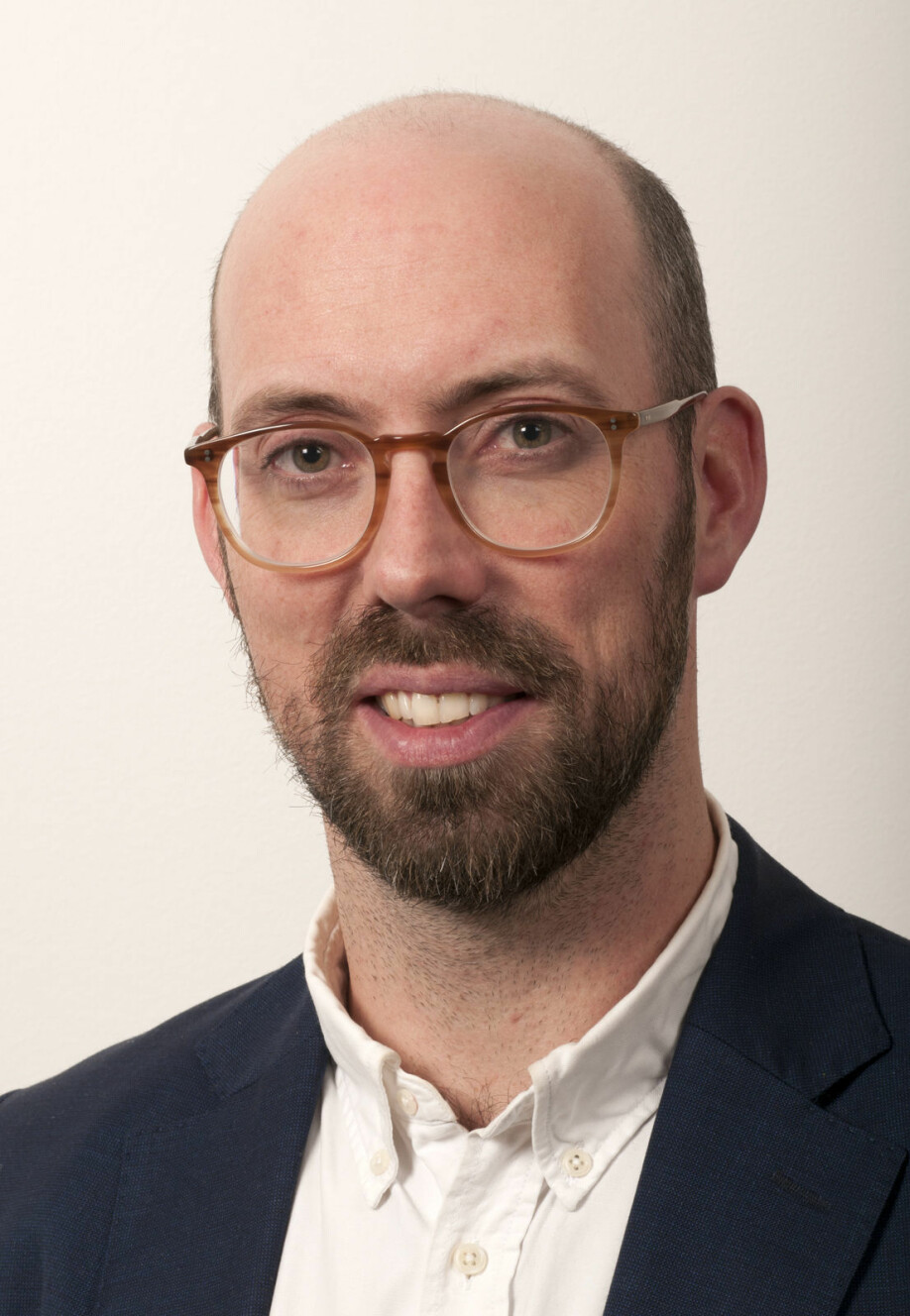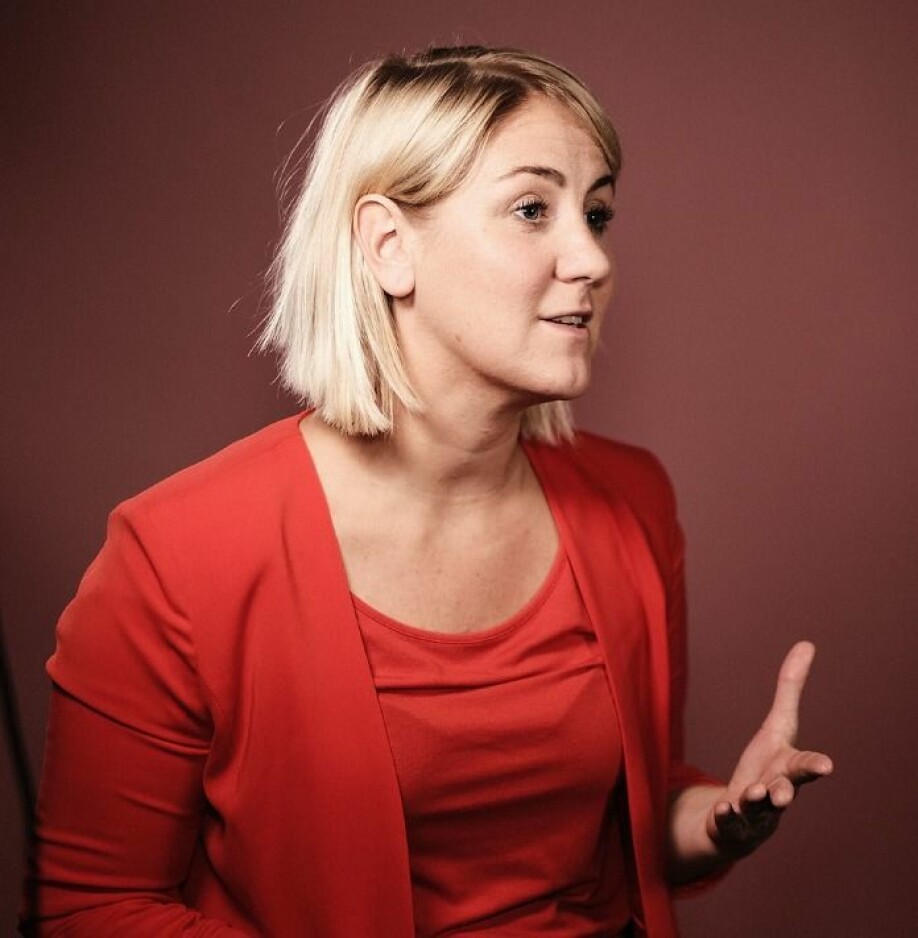
New study shows Norwegians disagree about who was impacted by the terror attacks in 2011
Around 90 percent of the survey respondents believe that the terror attacks were a result of madness, and just over 80 percent believe that right-wing extremist ideology was behind the attack.
The Norwegian Labour Party has capitalized on the 2011 Norway terror attacks, in the opinion of a quarter of the respondents in a new study.
“This was perhaps what surprised us the most, that this attitude is so widespread,” says Anders Ravik Jupskås, a political scientist and deputy head of the Center for Research on Extremism (C-REX) at the University of Oslo.
He recently presented new research on the 22 July terror attacks at an event organized by the liberal think tank Civita.

What understanding do people have of the terrorist attacks?
In connection with the 10th anniversary of the attacks on Utøya and in Oslo’s Government Quarter, the researchers wanted to gain insight into the population's understanding of what happened on 22 July 2011.
They conducted a survey of a representative sample of 2000 people in Norway. Jupskås presented some of the results at the seminar.
Researchers at the University of Oslo have tried to find out what story people today relate of the terror attacks on the tragic July day in 2011.
They asked people:
Who was attacked? Why did it happen? What happened afterwards?
The survey shows that ten years later people have very different understandings of what really happened and why.
Who was attacked?
Survey participants were given several alternative responses they could answer yes to.
Sixty percent responded that Norwegian democracy was attacked, while 55 percent said that the attack was aimed at the Labour Party.
Just over 40 percent said multicultural Norway was attacked and about 20 percent answered that it was the Norwegian political left.
About 13 percent of the respondents believe that the terror attacks had nothing to do with politics.
Was this a crazy man?
The researchers tried to capture the discussion that went on during the trial in this study.
Were the attacks the work of a madman? Or was it pure ideology?
The researchers found strong support for both of these answers.
Around 90 percent of the survey respondents believe that the terror attacks were a result of madness, and just over 80 percent believe that right-wing extremist ideology was behind the attack.
“The trial gave the impression that you had to choose a side, that he was either crazy or ideological. So the public doesn’t agree. Most people think it's about both. Researchers in the field share this opinion,” says Jupskås.
Child neglect or politics?
The researchers also asked whether the terrorist acts were connected to Anders Behring Breivik’s upbringing.
Could neglect be an important explanation for why he became radicalized as an adult?
Here the answers are almost completely divided. Slightly more than two out of five respondents say no, while slightly fewer than two out of five say yes.
Was immigration a motivating factor?
The researchers also wanted to test a formulation found in far right circles, that you can expect a person to resort to violence when a country experiences large-scale immigration.
Almost one in four respondents answered that they believe the acts of terror were a result of the immigration policy pursued in Norway.
Almost no one believes that anyone else than the perpetrator was behind the attacks.
Most people think Norway handled situation well
The researchers were also interested in knowing what people thought about how Norway had handled the attack in retrospect.
The overwhelming majority of Norwegians believe that the country handled the attacks well.
This majority believes that the country’s values are stronger now than they were before. At the same time, many people, including those who think the attacks were handled well, believe that Norway has not dealt well enough with right-wing extremism.
Very few respondents believe that expressing one’s opinion has become more difficult since 22 July 2011.
The few who do believe this to be the case largely overlap with people who think the Labour Party has capitalized politically on the attacks.
No clear opinion on why
The main story now is that this was an attack on democracy in Norway.
Forty percent of the respondents fully support this story. If the researchers add the respondents who somewhat support the story, the proportion rises to 84 percent.
Jupskås finds it striking that the people having this view have no common understanding of why the attacks took place.
Another understanding is that Norwegian democracy was attacked, but also multicultural Norway, the Labour Party and the political left.
Twenty-five percent fully support this story, and 75 percent somewhat support it.
They feel that right-wing extremism has not been settled and that the attacks aren’t talked about enough today.
The extreme right
The researchers place eight percent of the respondents in an "extreme right" group.
This number rises to 27 percent if the researchers add the respondents who sympathize somewhat with this story.
Some of these respondents’ sympathies are reminiscent of the perpetrator's ideological starting point. Two percent have clear right-wing extremist sympathies, and nine percent have hints of this.
One way the researchers measured right-wing extremist sympathies was by asking:
Is Norway for white people? Is violence okay? Should the death penalty be reintroduced?
Those who fall into this category believe that Norway’s immigration policy was the cause of the attacks and that it was not a political attack that took place.
“This apolitical interpretation means that people can distance themselves from the perpetrator's actions, while also legitimizing their own anti-immigrant views. And you can accuse your opponents of politicizing an incident that was really about something else,” says Jupskås.
The silence afterwards
Tonje Brenna isn’t surprised that people have different understandings of what happened and who was attacked during the terrorist attacks.
Brenna was 23 years old when she survived the attack on Utøya by hiding under a cliff at the water's edge.
Later she became leader of the Labour Youth (AUF) and a political adviser in the Labour Party. She is currently the county councillor in Viken county and just published the book 22. juli – og alle dagene etterpå (22 July – and all the days afterwards).
At the event where the new study research was presented, Brenna told her audience how she has experienced the time since the attacks.
“At first, I experienced a country that stood together and agreed that this was an attack on all of us. We called for democracy and took to the streets with roses in our hands. Then this was replaced by silence. We didn’t talk much about it anymore.”

Should agree on what to remember
During this silence, Brenna has found that it has been difficult to bring up and discuss the 22 July attacks. It’s been challenging to get a discussion going on the reason the attacks happened, the attitudes underlying them and their consequences.
“I hope we can agree that we’ll never forget, but also that we try to come to greater agreement on what we should remember,” Brenna said at the event.
She believes understanding events in their political context is key. When a far-right extremist attacks the government quarter to strike at the Labour Party and fires on a summer camp for young people to kill AUF members, it’s important to understand that.
If we don’t understand the political context, we also won’t be able to fully understand why those attacks happened, how they happened and what consequences should follow.
Lack of political debate can also lead to a lack of political priorities, like help for the individuals who survived, said Brenna.
Hard to get out of the trenches
Ove Vanebo was the leader of the Progress Party's youth when the terrorist attacks took place. In 2016, he became state secretary to the Minister of Justice and Public Security. Now he has left politics.
Vanebo agrees with a lot of what Brenna says.
He believes the first response was that people in Norway had a common understanding of how the situation should be met and who and what had been attacked.
However, Vanebo believes that it could be difficult to know how to have a political "reckoning" with the incident today, 10 years later.
“It will be difficult to know how far and deep that process should go,” he says.
“If we’re just addressing right-wing extremism, then everyone will think that Breivik's attitudes are reprehensible and someone you wouldn’t want to be lumped together with. In that sense, a reckoning would be quite banal. But my impression is that some people would like to see a broader discussion. That scenario could include questions about how heterogeneous and multicultural society should be.”
He thinks this is another bigger discussion.
He believes the researchers’ new figures suggest that this kind of broader debate would be challenging.
But some common denominators could be discussed, such as factors having to do with preparedness and prevention, Vanebo says.

Some overlap between far right and Progress Party (Frp)
There is no direct overlap between the Progress Party and the category that researchers call the "far right". But the researchers found a clear over-representation in this category of people who identify with the party.
This does not surprise Vanebo.
“Some people probably think that the Progress Party is influencing the debate climate in a negative direction and that it enkindles bad attitudes. But at the same time, this is the party in Parliament that advocates the strictest immigration policy, and so there will naturally be an over-representation of those who want to go further. They have no other alternative in Parliament.
Words move boundaries
Brenna believes that no politicians are responsible for the opinions that exist in the extreme right wing.
“No one except the perpetrator himself is responsible for what he’s done,” she says.
She doesn’t need anyone to distance themselves from the terrorist's actions.
Brenna would rather see some of the current boundaries open up to expand what is discussed in public discourse.
“Our words help to move boundaries for what’s acceptable,” she says.
Stronger words
When people on the right see radical agitation in the comments field, it is easy to think that this doesn’t concern them, the former Frp politician says, because the statements are far removed from their own attitudes.
Nevertheless, he believes that the Norwegian anti-Islam group SIAN is emerging as a radical and extreme group and that even stronger words could be used about them.
“Maybe Norwegian politicians on the right should be better at clearly demarcating where the boundary is?” he asks.
Translated by Ingrid Nuse






























